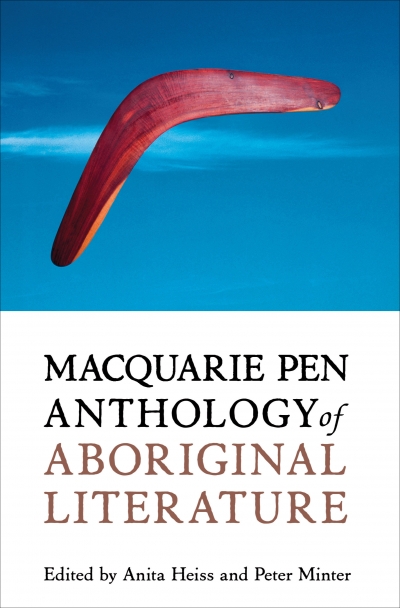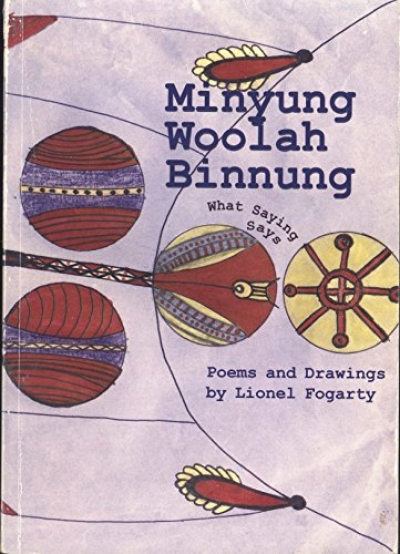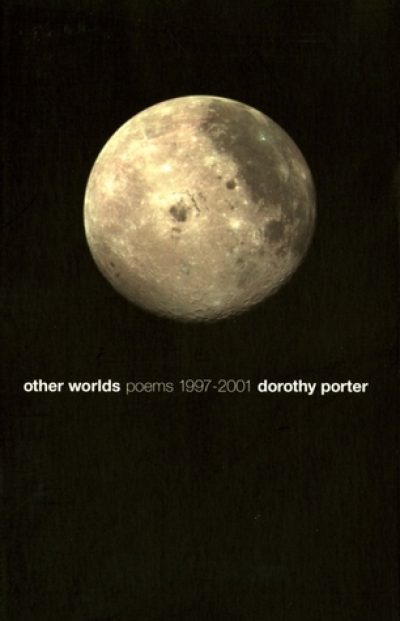Peter Minter
Macquarie PEN anthology of Aboriginal literature edited by Anita Heiss and Peter Minter
by Jaya Savige •
Minyung Woolah Binnung by Lionel Fogarty & Smoke Encrypted Whispers by Samuel Wagan Watson
by Peter Minter •
Ivor Indyk reviews poetry by Karen Attard, M.T.C. Cronin, Lisa Jacobson, Peter Minter, Sue L. Nicholls, and Mark Reid
by Ivor Indyk •
These six poetry titles represent the third series of New Poets to be published by Five Islands Press. Each title runs to exactly thirty two pages – no more, no less. It is, in a sense, a mini-collection, or a semi-collection, midway between a reading and a book. The series as a whole is therefore like a showcase of new talent – you applaud some of the poems, and get impatient with others, much as you do with the poets themselves. This is a good thing – it presents poetry as the provisional affair it really is, most of the time, for poet and reader alike.
... (read more)


